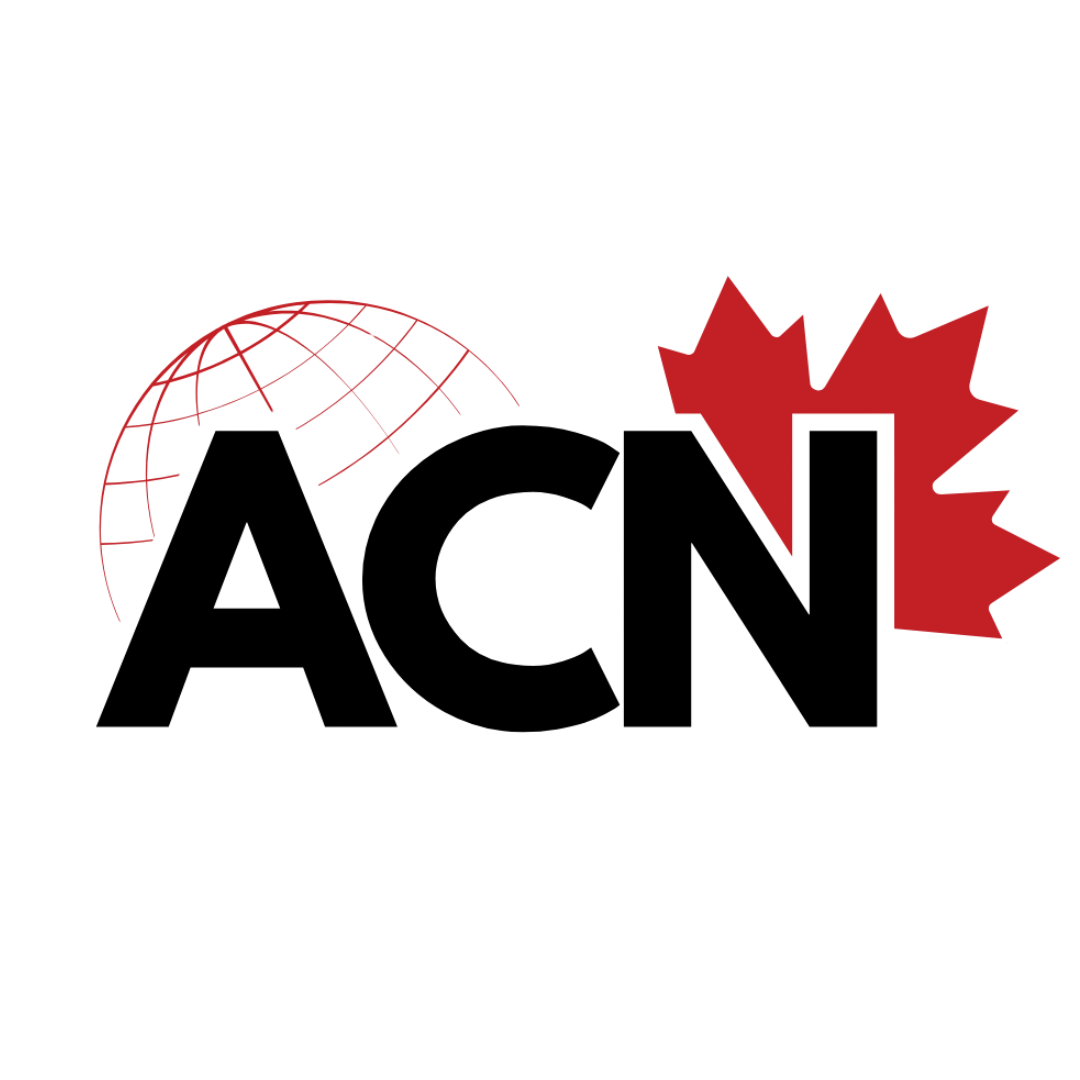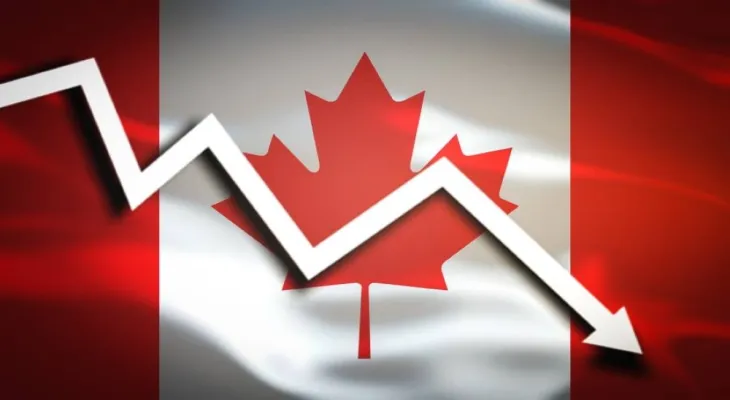Search here
Newspaper
Search here

Arab Canada News
News

Published: June 1, 2025
The Canadian economy is witnessing increasing turmoil since the return of U.S. President Donald Trump to the White House, where his repeated threats to impose tariffs on Canadian exports, along with his statements about wanting to make Canada a U.S. state, have led to rising economic pressures on the country.
Escalation of the trade war and declining economic confidence
The renewed trade war between the United States and Canada has contributed to a rapid decline in the level of economic confidence in Canada. Imposing tariffs on Canadian exports could have catastrophic effects on the Canadian economy, given that the U.S. market represents the main artery for Canadian exports. Canadian exports to the United States account for about 78% of Canada's total exports, while Canada holds 14% of total U.S. imports.
Furthermore, trade with the United States is more significant than trade within Canadian provinces themselves. In 2023, the value of interprovincial trade in Canada reached 532 billion Canadian dollars, while the value of Canadian exports to the United States amounted to 700 billion Canadian dollars, confirming the Canadian economy's heavy reliance on the U.S. market.
Decline in business and consumer confidence
The repercussions of the trade war are clearly reflected in the confidence of businesses and consumers in Canada. The small business confidence index has dropped by about 60% in just a few months, reaching its lowest level since the global financial crisis in 2008. Even during the lockdown crisis in March 2020, confidence levels were about 10 points higher than they are now.
At the same time, the consumer confidence index has decreased to 25 points, the lowest level ever recorded in Canadian history. The pace of this decline is faster than it was during the lockdown crisis following the COVID-19 pandemic, reflecting a deep sense of anxiety in Canadian economic circles.
Population growth and declining productivity
Although Canada has experienced a population growth of over 9% since 2020, this growth has not translated into an increase in economic output. Real GDP per worker has fallen by 2% during the same period, indicating a decline in productivity in the Canadian economy.
Housing crisis and rising prices
The economic crisis in Canada is exacerbated by a severe shortage of housing, which has led to unprecedented inflation in property prices. Housing prices have increased by 300% since 2000, making home ownership in Canada elusive for many citizens. Canada currently suffers from a structural deficit estimated at about 250,000 housing units each quarter, while the pace of housing construction has slowed since 2021, as demand for housing doubles.
Rising inflation and the impact of tariffs
In terms of inflation, the consumer price index inflation rate in February 2024 rose from 1.9% to 2.6% year-on-year, higher than the expected 2.2%. More concerning is that this data does not yet fully reflect the impact of U.S. retaliatory tariffs, meaning that the inflation rate could easily rise to over 3% in the coming weeks.
Dismal future for the Canadian economy
The current economic situation presents the Canadian economy with complex challenges, as it faces a mix of declining confidence, slowing growth, a suffocating housing crisis, and rising inflation. Under these circumstances, escalating the trade war with the United States could be a crushing blow to the Canadian economy, making it essential to adopt strong and rapidly implementable economic strategies to navigate this crisis.
Comments